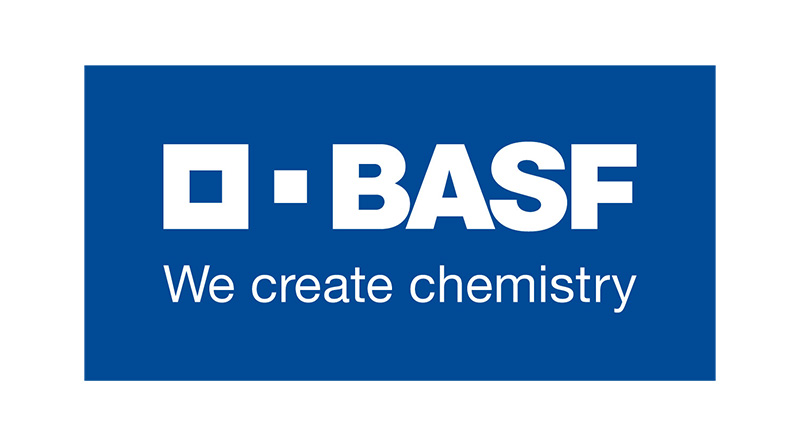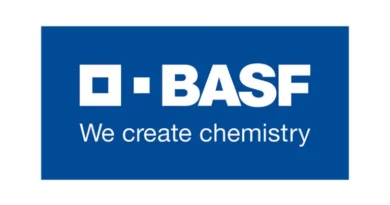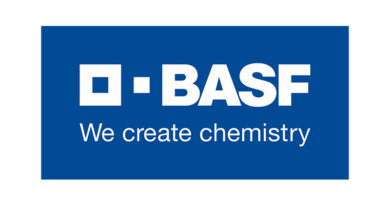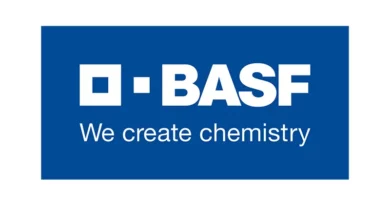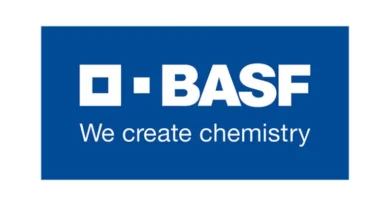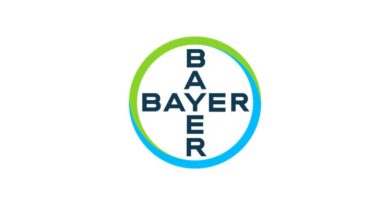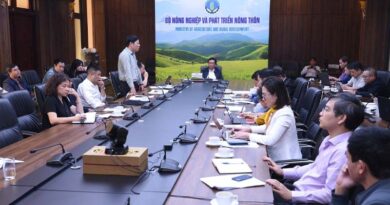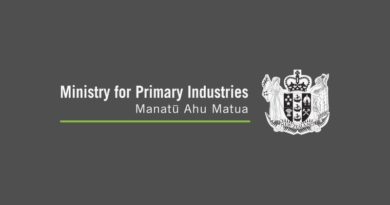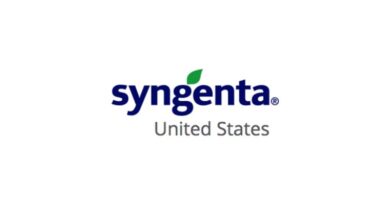BASF and SINOPEC inaugurate the expansion of the joint Verbund site in Nanjing, China
10 November 2023, China: BASF and SINOPEC today inaugurated the expanded downstream chemical plants at the Verbund site operated by BASF-YPC Co., Ltd. (BASF-YPC), a 50-50 joint venture of both companies in Nanjing. The expansion is a strategic response to the growing demand from various industries in the Chinese market. A new tert-butyl acrylate (TBA) plant is also expected to come on stream by the end of 2023 – the first implementation of this advanced production technology outside of Germany. TBA is a monofunctional monomer that offers outstanding chemical resistance, weatherability and hydrophobicity. These properties make it widely used in industries such as paper, coatings, adhesives and inks.
“I am proud to celebrate the commencement of our new plants at the Nanjing Verbund site, which marks another milestone in our longstanding partnership with SINOPEC,” said Dr. Markus Kamieth, member of the Board of Executive Directors, BASF SE. “BASF-YPC sets a high standard for safety and business performance among our joint ventures globally and will continue to enable our business growth in China with this expansion.”
“The ongoing success of BASF-YPC is a clear testament to the mutual trust and strong partnership between SINOPEC and BASF,” said Baocai Yu, President of SINOPEC Corp. “The successful expansion marks a new era of our robust collaboration and shared vision of sustainable development and technological advancement.”
The inauguration celebrates BASF-YPC’s expansion in the production of high-quality chemical intermediates, including propionic acid (PA), propionic aldehyde (PALD), purified ethylene oxide (PEO), ethyleneamines (EEAs), and ethanolamines (EOAs). These intermediate products enable extensive applications in a wide range of industries such as agriculture, pharmaceuticals, construction, textiles and chemicals.
The new facilities, powered by renewable electricity, will further reduce carbon emissions during production and make chemicals with low product carbon footprints (PCFs) available to the market. For example, BASF-YPC will introduce PA products to the Asian market with approximately 40% lower PCFs than domestically produced coal-based alternatives. This will help its customers reduce the carbon footprints of their products.1
“This expansion further enhances BASF’s production capabilities in China, the world’s largest chemical market. We are confident to co-create with our local customers, meet the growing market demand with our innovative and sustainable products, and contribute to the transformation of various industries in China towards a sustainable future,” said Dr. Jeffrey Lou, President and Chairman Greater China, BASF.
“We have successfully implemented first-class technology and standards in constructing these new facilities, which are designed to improve resource utilization efficiency. They also extend the upstream and downstream industrial chain, thereby strengthening our competitive advantages in the dynamic Chinese market,” said Yuefeng Gu, Chairman of Sinopec Yangzi Petrochemical Company Limited and BASF-YPC Company Limited.
Also Read: Hidden costs of global agrifood systems worth at least $10 trillion
(For Latest Agriculture News & Updates, follow Krishak Jagat on Google News)

